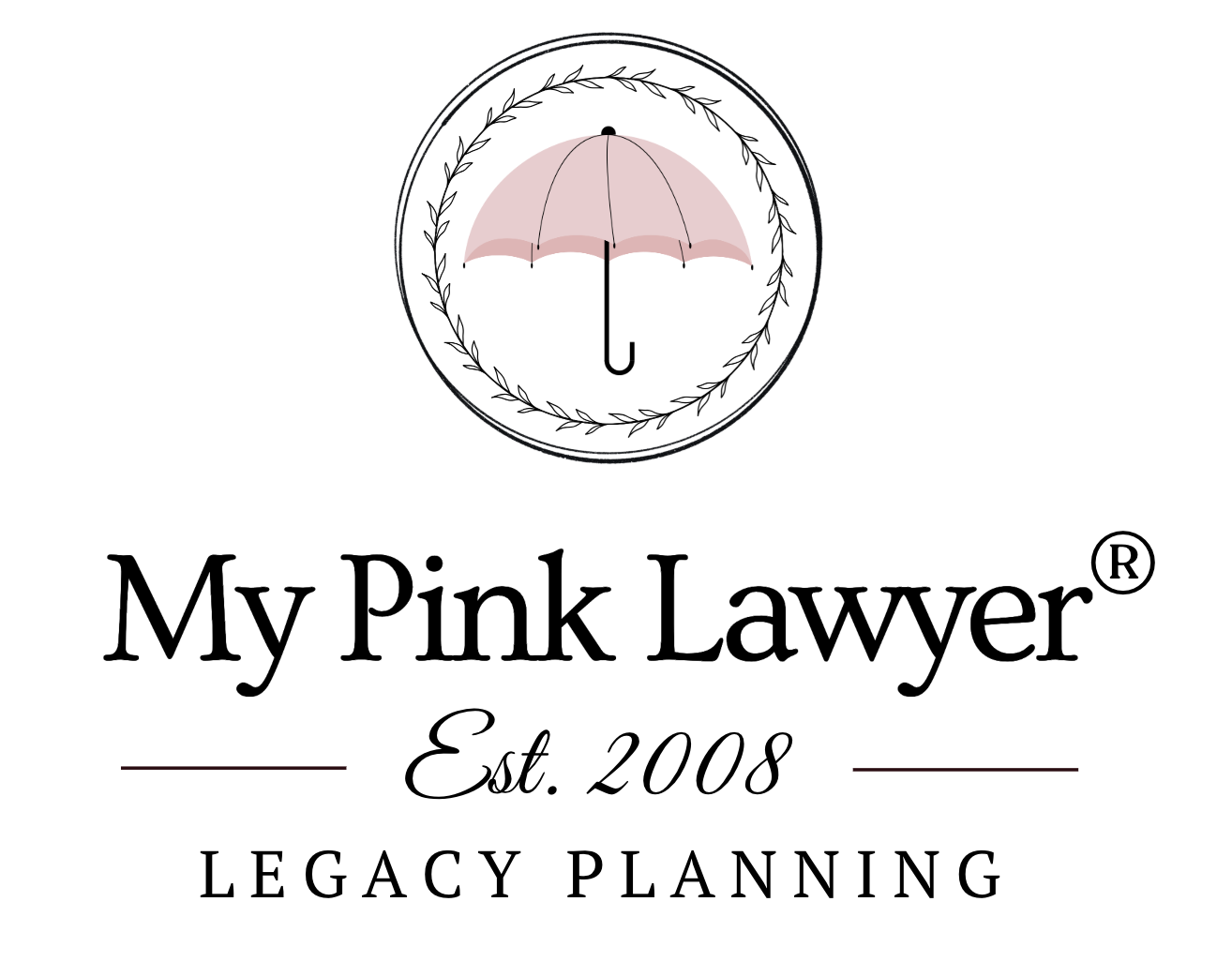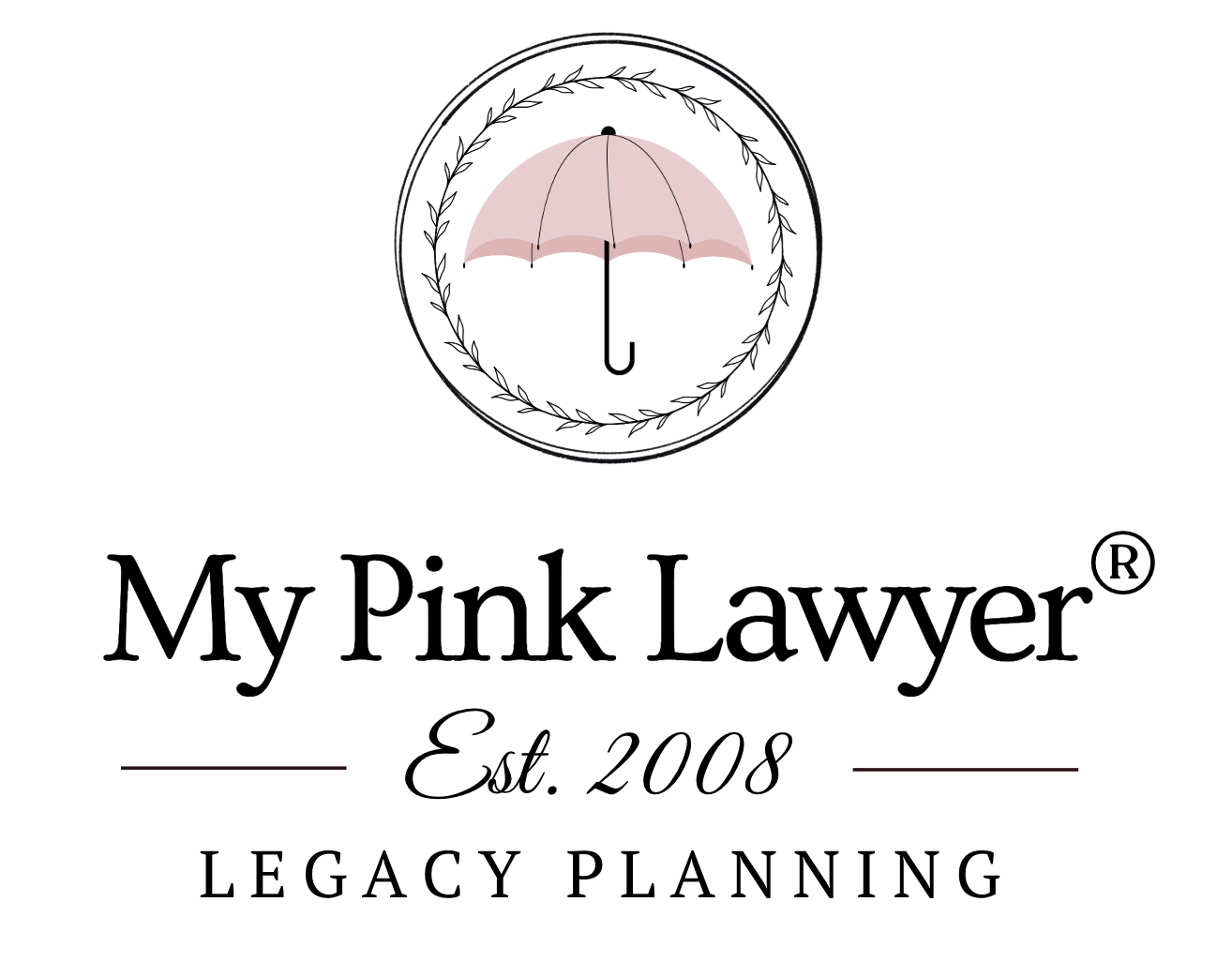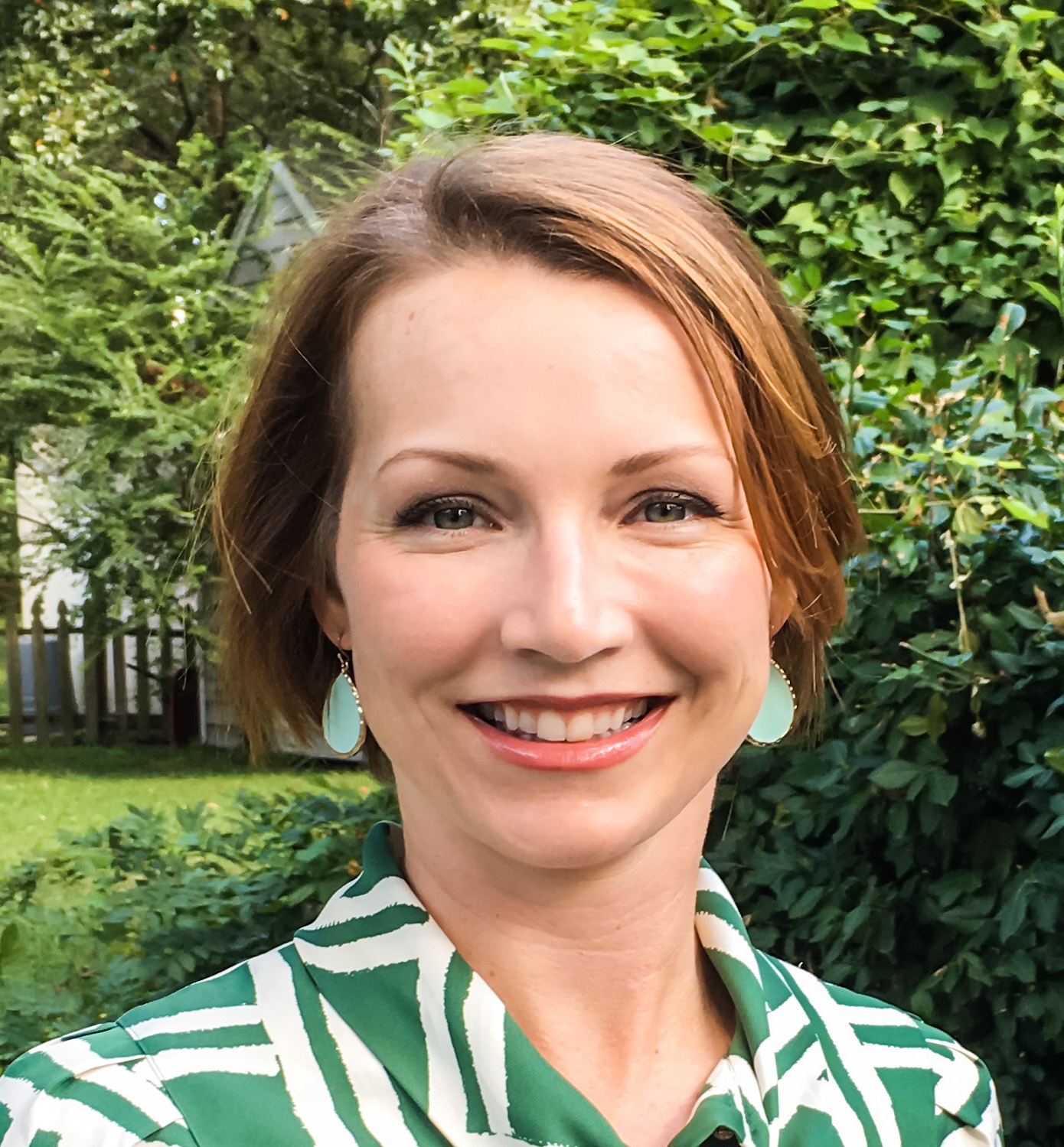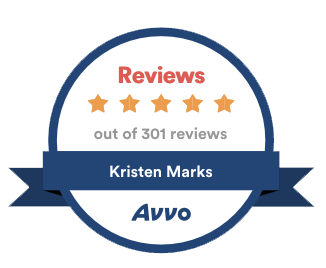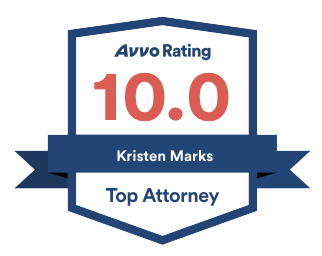One weekend afternoon, an overwhelming urge to reach out to an old friend hit me. I don’t often get such clear premonition, but this was definite.
“Hi, how are you? I hope you’re enjoying the move back to our hometown, and that all is well!”
She answered back within minutes. “Hi, I’m in the hospital. Long story, I’ll tell you all about it later.”
That exchange opened the door to two weeks’ worth of upsetting conversations, as she slugged through test after test, trying to determine the root of her pain. We had a high when the doctors ruled out ovarian cancer, and a discouraging low when she told me she was now having trouble breathing.
The hospital stay was beginning to weigh on her, waiting around with no answers.
All the doctors could say was that she had inflammation around her cells and it was something “rare.” Rare. Such a great word when it’s a diamond, such a menacing one in medicine.
The diagnosis, when it finally came, was devastating: a rare strain of lung cancer, already in Stage 4.
They call lung cancer the silent killer because the symptoms are often undetectable until the cancer has spread. She had not been feeling well but chalked it up to her family’s recent move from Illinois to Tennessee.
My friend is a young woman, only 39, with a family to raise and a full life. Her personality is sunny, warm, and infectious. Of all the people I know, she would be the last one I’d ever expect to get sick, or to have anything bad happen to her.
But here we are, her family and friends supporting her through the worst phase of her life, and arguably, one of the worst in ours as well. The territory when someone you love is fighting cancer is unwelcome, confusing, frightening, and traumatic.
I know that recently, she met with an attorney to get her plans in order. “It’s something she has needed to do for a long time, but now, given her diagnosis, she got really upset,” our mutual friend told me. Of course she did.
Who really wants to confront the issue of serious illness or death by carefully arranging what happens after it? It can be distressing, sure, but ten times more so when you’re actually looking death in the face.
We spend so much time planning our career path, where we want to live, and the schools where we want to send our kids. We sign on for marriage ‘til death do us part, sign up for decades of mortgage, and save for retirement.
But that is all “alive stuff.”
We don’t plan our estates because we don’t want to address death.
But consider this: You’re an otherwise healthy young woman with two little girls and you find out you have cancer in the late stages. You have no real idea of how long you will live. You have no choice but to deal with death twice at this point. You have to choose your uncertain treatment plan that may or may not extend your life a few years, and you have to do all of your estate planning under intense pressure.
There is no perfect time to write your will, or map your estate plan, just as there is no perfect time to have a baby.
But as my now-sick friend agonizingly realized, there are better times than others.
Allow yourself the chance to think clearly about your will, any guardianship issues, and who will make medical decisions for you, etc., rather than under the urgent prospect that your time may actually be cut short.
And as for her prognosis, that “rare” form turned out to be one that may respond to a new targeted therapy treatment, just approved by the FDA in 2015. She is able to avoid chemotherapy for now. It’s a type of lung cancer that tends to strike the young, and especially women, most of whom do not smoke. There is no known cause. For the foreseeable future, which I hope turns into decades, I’ll be spending my time supporting my friend, and keeping abreast of a cure.
Want to learn more about how to get started planning your own affairs now? Download Kristen's new book, "Wise Women Protect Their Assets" to the left of this post or by clicking here now.
